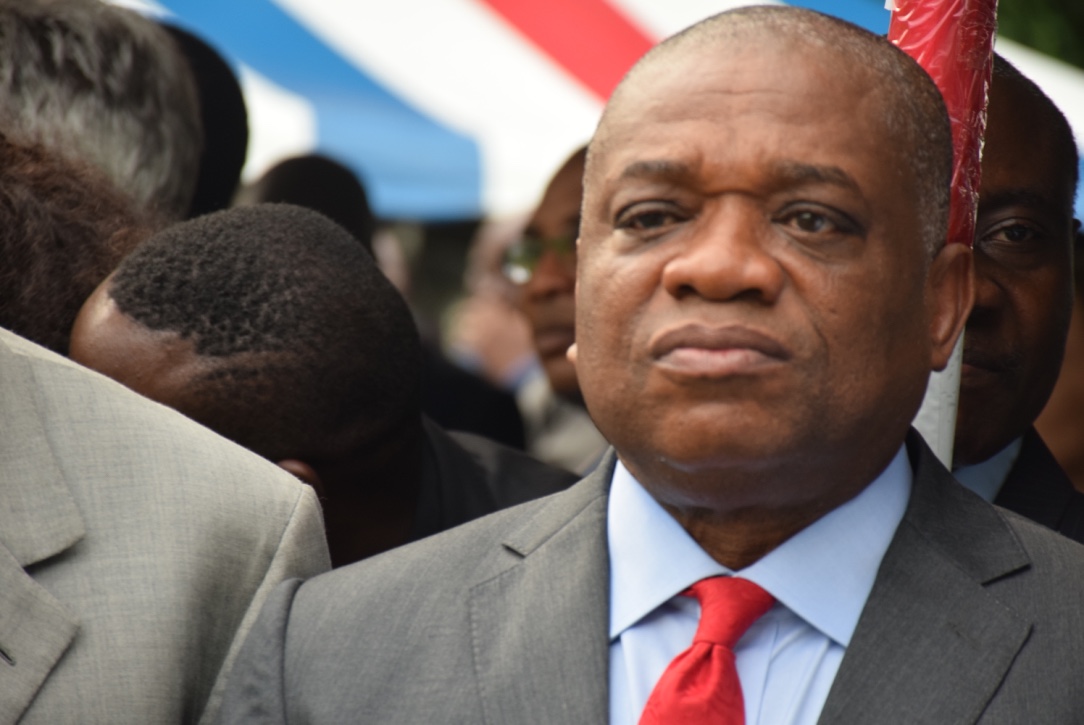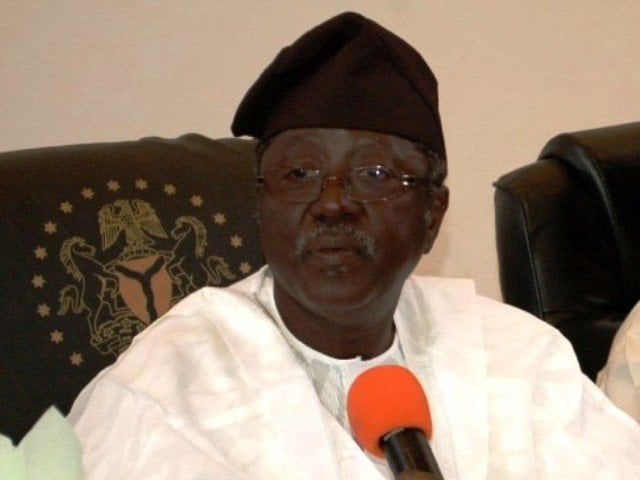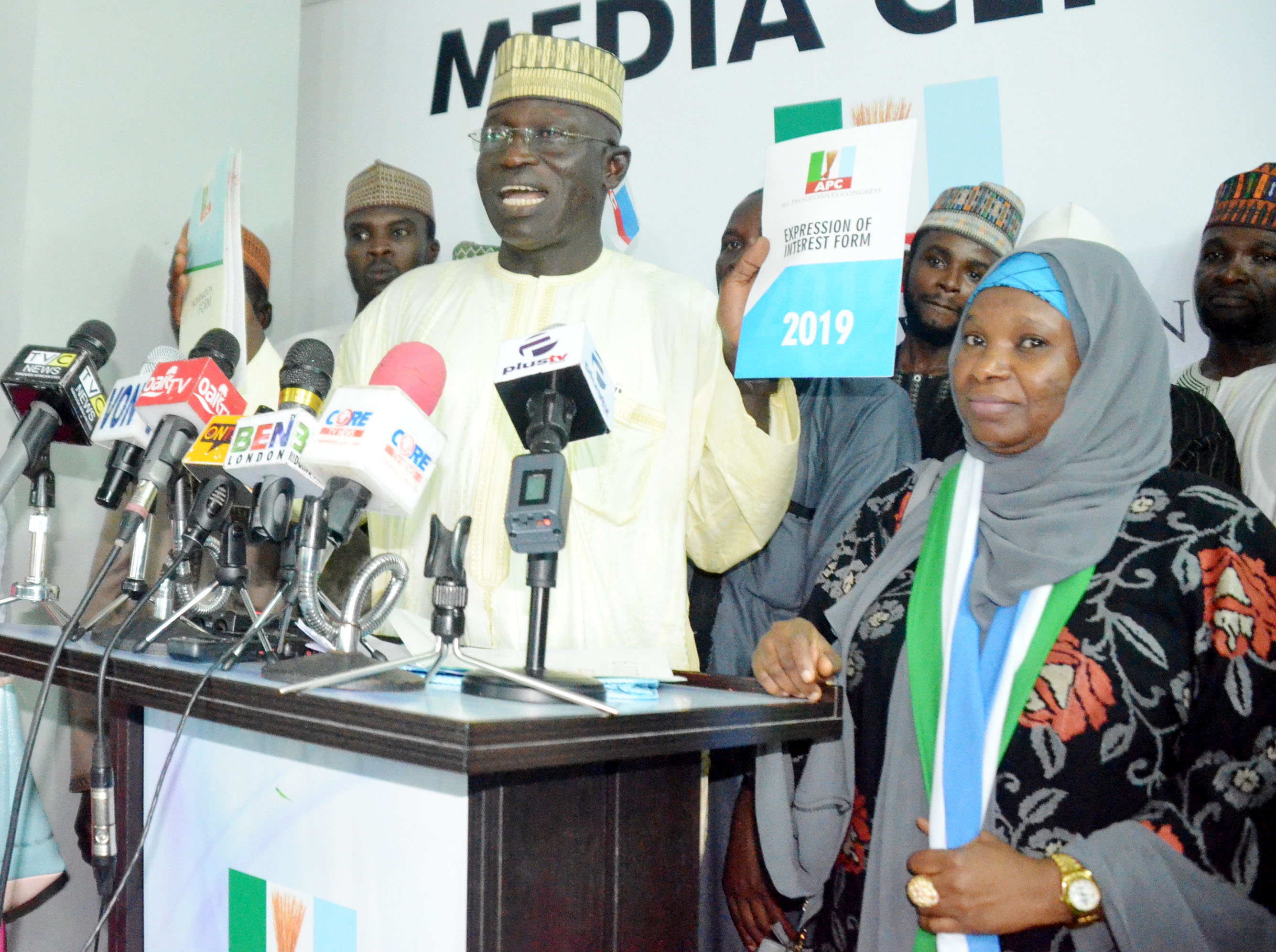Packets of MTN Group Ltd. sim cards sit for sale at a roadside kiosk in Lagos, Nigeria, on Saturday, Oct. 31, 2015. MTN, Africa's largest wireless operator, remains in negotiations with Nigerian regulators over a $5.2 billion fine for failing to comply with an order to disconnect customers with unregistered phone cards, according to a person familiar with the matter. Photographer: George Osodi/Bloomberg
MTN Nigeria has filed a suit against the Central Bank of Nigeria (CBN) and the attorney-general of the federation to seek a restraining order.
In a suit filed in Lagos on Monday, the telco is seeking an injunctive relief to protect its assets and shareholder rights.
In a statement by MTN, the company said it continues to “categorically and unequivocally” deny all charges related to investigations by the CBN and AGF into the company’s CCIs and unpaid taxes respectively.
The CBN has alleged improper dividend repatriations by MTN Nigeria and requested that $8.1 billion be returned to the coffers of the banking regulator.
Advertisement
The AGF said MTN had unpaid taxes on foreign payments and imports approximately $2.0 billion.
The company said it would continue to engage with the relevant authorities on issues.
Tobe Okigbo, MTN Nigeria corporate relations executive, said, according to the statement: “The allegations being made involve issues that appear to be complex and so are easily misunderstood and misinterpreted. They are made even more confusing when the relevant authorities send conflicting messages and instructions and act in a way that appears un-coordinated and at cross purposes.
Advertisement
The simple reality is that MTN Nigeria has never repatriated dividends on the CCIs referenced by the CBN and that MTN is fully compliant with Nigerian tax law.
With situations like this, it is vital for both the government, regulators and the company to have absolute clarity on the nature of both the allegations being made and the processes that are being followed. In the absence of this clarity, our only option is to seek judicial intervention and to ask the courts to act as adjudicator. This has been done today.”
Add a comment






